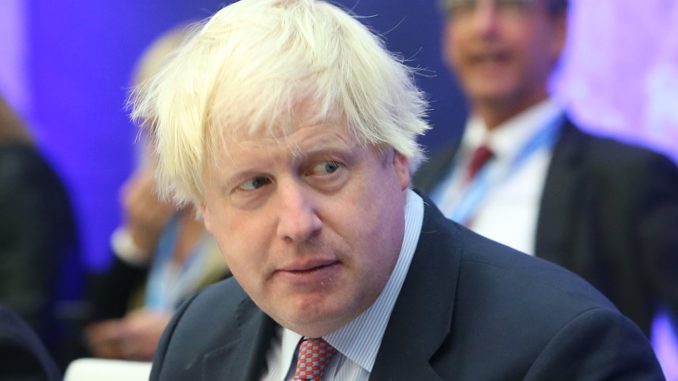
After years of threats, negotiations, and changes of governments, the final month has been entered which will provide for the possibility of a negotiated, “deal”, Brexit. The actual chances on an agreement being reached are inestimable, as they depend entirely on the positions and convictions of the negotiators, but current indications aren’t good.
This matters to the world, and the United States in particular. The UK and EU are both strong trading and defense partners with the US and any actions which are likely to weaken our allies is of direct interest. Not only does internal disharmony provide exploitable openings for American adversaries like China, Russia and Iran but it diminishes the expected purchasing power of the UK which in turn affects international businesses.
As Brexit is going to happen, an allowance for smooth trade between the EU and the UK would be ideal. Instead, British politicians are expected to finalize the Internal Market Bill next week. As has been reported, the bill centralizes authority over UK nation trade in London and directly violates clauses of the withdrawal agreement between Brussels and Great Britain.
The House of Lords removed the most contentious sections while passing their version of the bill; gone are the Irish customs border and the UK-exclusive fishing water boundaries which were threatening to torpedo the Brexit negotiation, even as the consolidation of power over Scotland, Wales and Northern Ireland remain. Prime Minister Boris Johnson, however, has pledged to have the items re-inserted into the final version of the bill which he intends to sign.
The timing couldn’t be worse for the Brexit negotiation. Not only does it present the UK as an unreliable partner, it does so with the contemporaneous full assent of the UK government. Even if the EU negotiator chooses to politely ignore the matter, EU member nations seem disinclined to do so. France and Ireland, in particular, vowed yesterday to reject any deal which ignores Britain’s overreach.
If France and Ireland stand firm, even a deal agreed upon before January 1 – the final date of Brexit – would not be ratified through the EU and would mean a no-deal Brexit.
Matters, as stated above, are subject to change from moment to moment – should Johnson buckle on violating the withdrawal agreement, or if a tentative deal is reached and France balks at exercising its veto, a smooth Brexit could yet be reached. In the current political situation, that seems unlikely.
